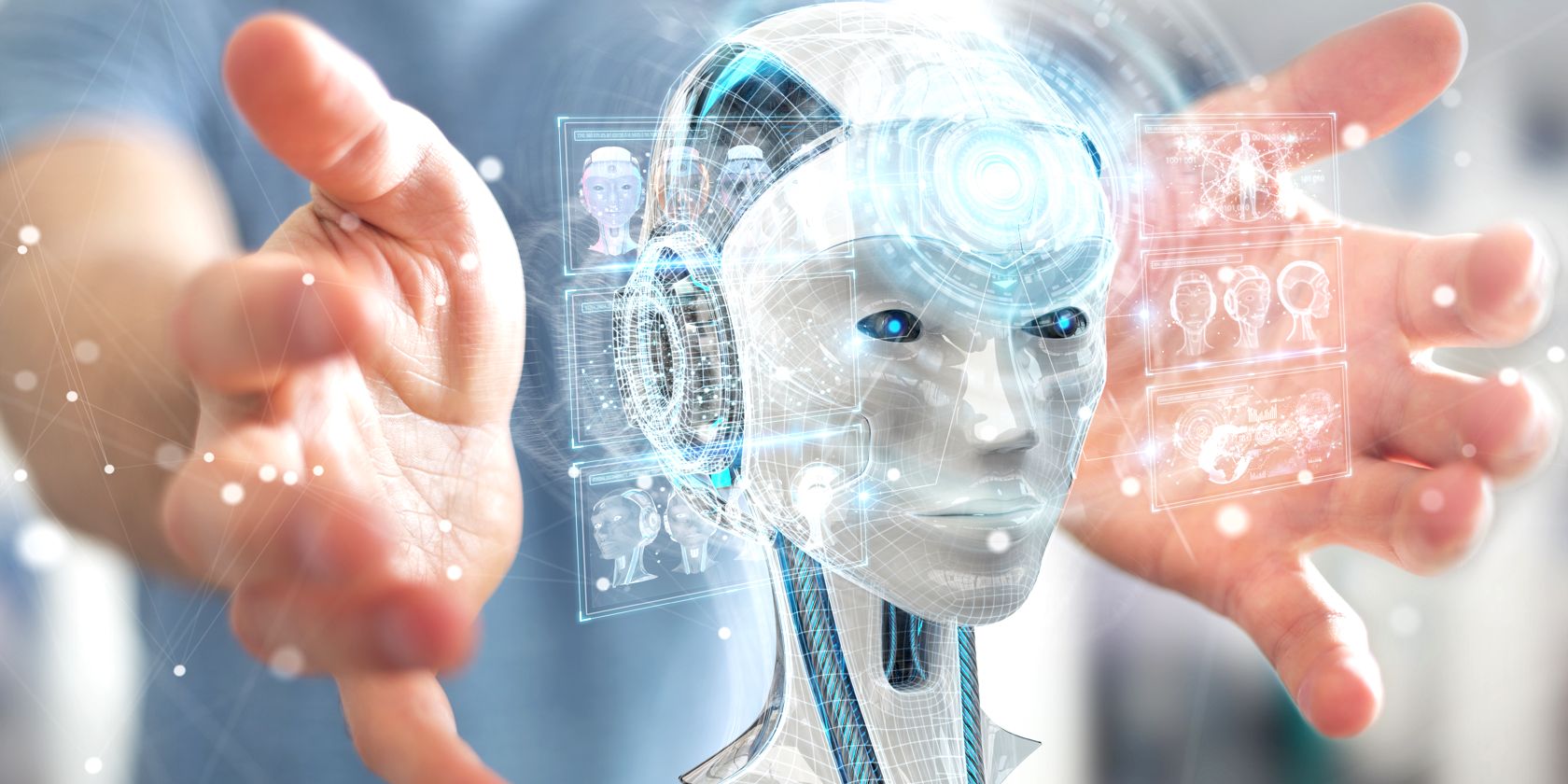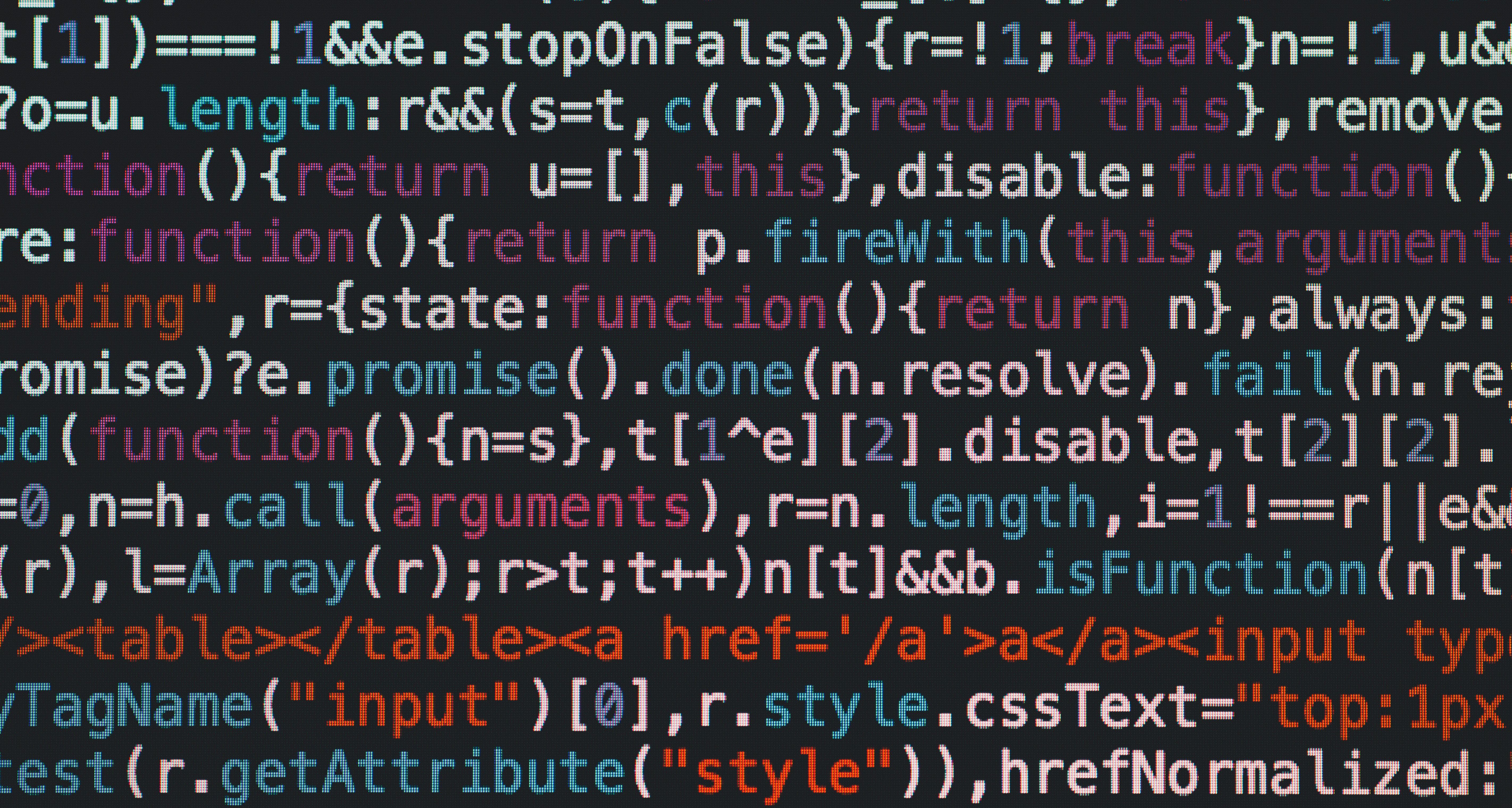The prevalence of artificial intelligence in our everyday lives has increased drastically. We now see AI tech in our phones, cybersecurity, and cars. But where did it all begin for AI, and what lies in its future?Well, here are some interesting facts you may not know about artificial intelligence.
1. AI Was First Conceptualized in the 1600s
While the ancient Greeks wrote about "intelligent robots" in religious mythology, artificial intelligence was first conceptualized by Gottfried Wilhelm Leibniz, a German mathematician and philosopher, in the late seventeenth century.
When Leibniz was just 20 years old, he offered a theory that could be used to allow a machine to generate ideas automatically. He theorized that human thoughts, in any capacity, are all quantifiable and come down to a refined mix of fundamental concepts. Therefore, Leibniz suggested that this combination could be replicated to allow a machine to do the same.
Leibniz named this theoretical mechanism "the great instrument of reason" and theorized that it would be able to answer any questions put forward to it. However, this idea of a thought machine came under considerable scrutiny. Many believed that human thought was a more spiritual or unrepeatable form of expression rather than something that came down to science, a view that some still hold today.
This "great instrument of reason" was never successfully created, and we are yet to see a machine that could answer any question out there. However, considerable moves are being made towards creating such a machine, as many have seen in ChatGPT and similar tools (which we'll discuss later).
2. The Term "Artificial Intelligence" Was Coined in 1956
While the concepts surrounding artificial intelligence have been discussed for centuries, the term itself wasn't officially coined until 1956 at a conference at Dartmouth College, Hanover, New Hampshire. At this conference, the field of AI was officially born, along with the coining of the term.
Allen Newell, Cliff Shaw, and Herbert Simon introduced their Logic Theorist program, designed to replicate the thinking and problem-solving processes present in the human mind.
After being introduced to the Logic Theorist program, Marvin Minsky, an MIT cognitive scientist, and several other renowned researchers and scientists spoke of how much faith they had in this technology. Alan Turing, a British mathematician, also wrote a paper on artificial intelligence in the 1950s and discussed building independently-thinking machines and testing their intelligence.
3. AI Can Be Found Everywhere Today
Though we're not seeing all-knowing machinery or robots that act just like humans yet, AI is certainly being developed and improved upon each year, and it's already being used in different ways in multiple industries.
Firstly, take a look at your smartphone! AI is used in your voice assistant, be it Google Assistant, Siri, Bixby, Cortana, or Alexa. These virtual assistants use AI to understand your voice and make decisions based on what you ask or instruct. Your phone's facial recognition feature also uses AI, as well as in object recognition programs (such as that offered by Samsung's Bixby Vision).
AI is also now being implemented in the manufacturing, education, and healthcare industries. For instance, AI is being developed to help doctors diagnose and iron out treatment plans. AI may soon be used to automate certain menial functions so that doctors have more time in their day-to-day schedules.
You can also find the presence of artificial intelligence in cars. Renowned electric car company Tesla uses AI in its autopilot function, allowing their cars to view upcoming stretches of road and make decisions based on what the system picks up.
Tesla also released its Tesla Bot in 2021, which relies on AI to function. This machine is designed to perform mundane tasks that humans generally have no interest in. Who knows, this bot could one day be folding your laundry!
4. AI Can Now Hold Conversations
In November 2022, OpenAI launched its AI-powered chatbot, ChatGPT. On the surface, ChatGPT looks like any other chatbot, but it has been trained on huge amounts of data using a Generative Pre-trained Transformer large language model, making it possible to have in-depth conversations about a huge range of topics.
ChatGPT is not sentient and cannot form its own opinions. This is the case for all other AI-powered chatbots (such as Microsoft Bing AI and Google Bard), which some see as a good thing (we'll discuss that a little later). Because of this, you can't ask ChatGPT personal questions or for its own views on things. More than anything, it provides information and resources but can process language so that users feel like they are conversing with a real person.
With AI chatbots now commonplace, these tools will likely continue developing. We may one day see a sentient AI-powered chatbot.
5. AI Isn't Perfect—Far From It
While scientists and engineers are certainly making some big steps in AI, the technology hasn't reached its peak yet. We're still yet to develop a machine that can think in the same way as a human, and we're certainly quite a while away from creating the kind of AI-fuelled robots seen in sci-fi films.
A key element of AI is machine learning. This term is self-explanatory but involves a machine independently learning, building knowledge and experience, and adapting to situations. Unfortunately, the shortcomings in this area essentially limit what artificial intelligence can do.
So, what can't AI do yet?
Firstly, AI still can't handle situations like humans do because AI doesn't have what is known as "common sense." This massively limits what kinds of tasks AI can perform and what kinds of concepts it can understand. AI also still isn't great at adapting last minute. In other words, AI can't improvise very well. This also has a negative effect on the quality to which it can function.
Another attribute (most) humans have that AI does not have is the ability to be ethical. AI doesn't have its own core values or morals, so it can't make decisions based on well-being or the greater good. All of these factors combined make AI somewhat rudimentary compared to humans.
AI hallucination is also an issue that is causing a lot of concern. When an AI system "hallucinates," it responds to a prompt believing it is entirely correct when the response is not true. Hallucinated responses may be untruthful, indecipherable, exaggerated, or even biased. This is a big issue in a period when more people are beginning to rely largely on AI for information, such as news and statistics.
However, AI does indeed have a future, and an exciting one, at that. But this will involve the increasing intelligence and abilities of a machine. And, if you're a fan of sci-fi movies, you'll know there's a chance this could go wrong.
6. People Are Scared of AI
At the moment, humans are the most intelligent beings on the planet. But if AI continues to advance at its current rate, we may face a being as sentient and intelligent, or even vastly more intelligent, than us within the next few decades. In other words, we will achieve the "singularity."
So, why is this a concern? Well, as you'd probably expect, a machine that can function at a higher speed or level of intelligence than us could threaten humanity. And there's a huge number of people who fear this possibility.
A 2019 Statista survey found that 46% of Americans think achieving the singularity will result in either negative or world-ending consequences. Out of all survey participants, only 27% believed this would have a positive outcome for humanity. The situation is similar in the UK, with Digital Intelligence finding 60% of people fear AI.
Another fear among many is that AI will one day replace them as workers. Automation is already becoming increasingly prevalent across most industries, but the implementation of AI may make a whole new section of jobs replaceable.
The regulation of AI may help curb these concerns, though no one knows how things will play out here.
The Possibilities of AI Are Endless, Regardless of Whether That's Exciting or Scary
While opinions on AI differ from person to person, the continued progression of AI will certainly give way to some unbelievably advanced technology. Intelligent robots, self-driving cars, there's no end to what AI could offer us in the coming years. While this may be a little daunting, we're excited to see it!






